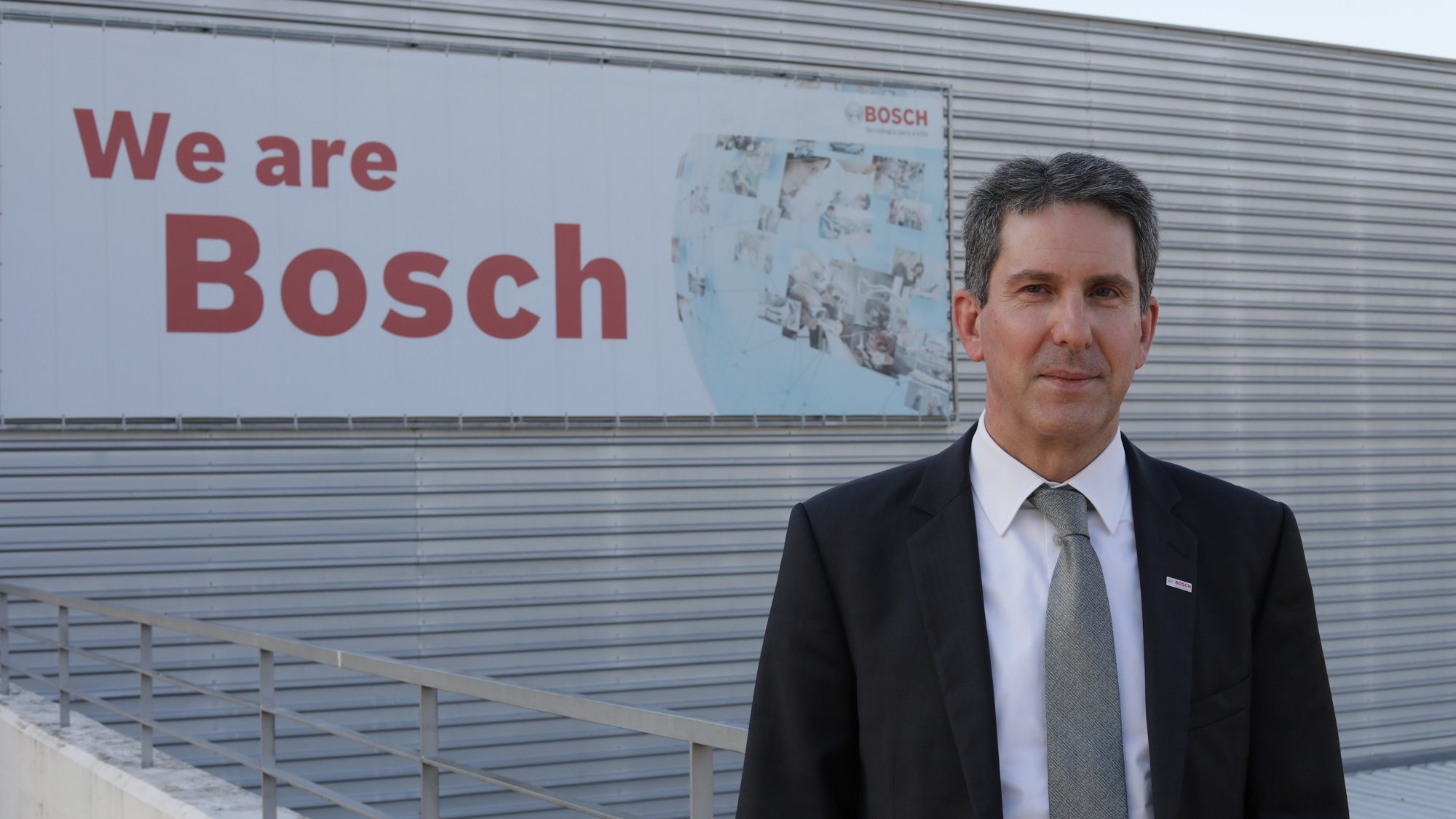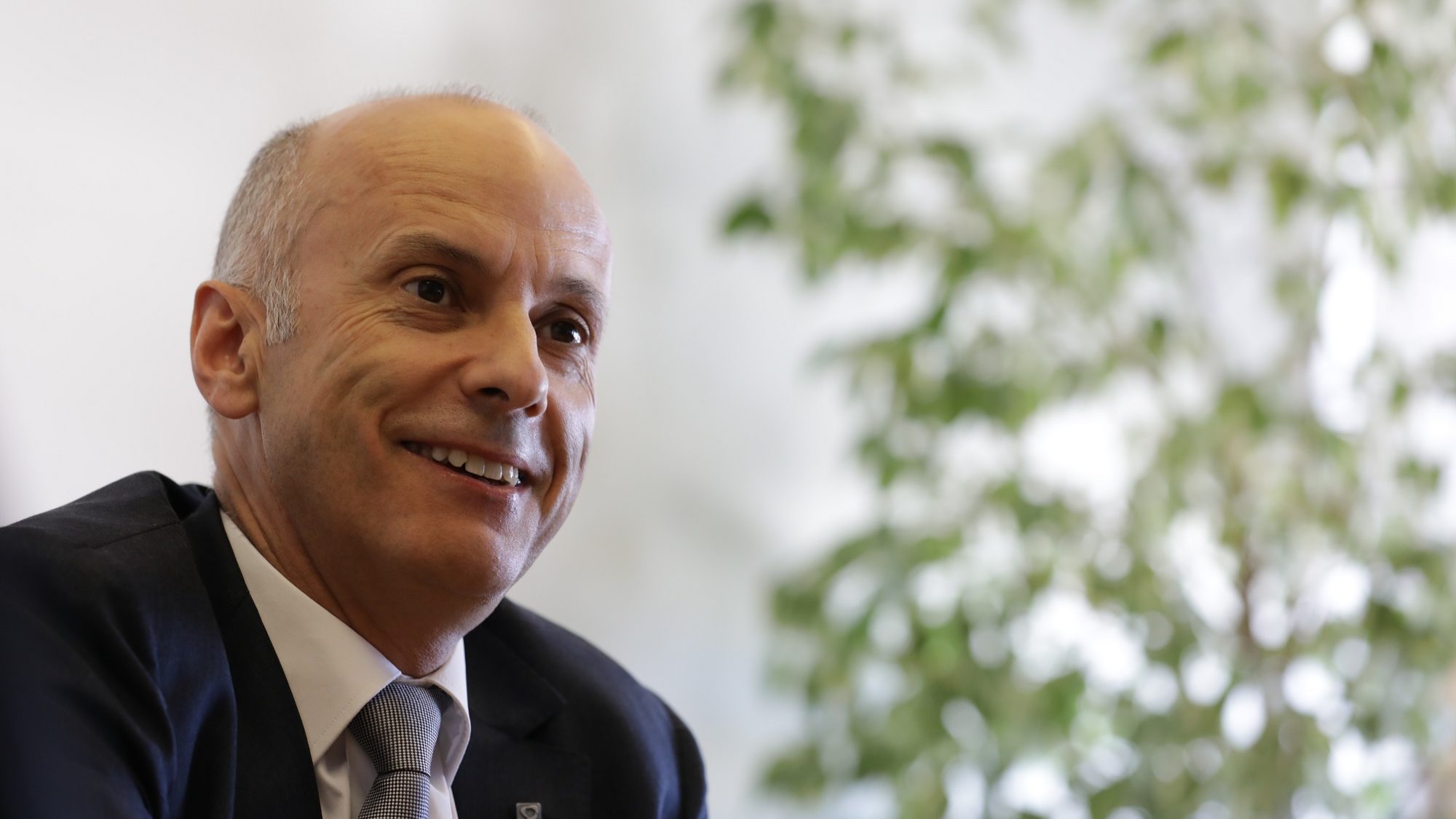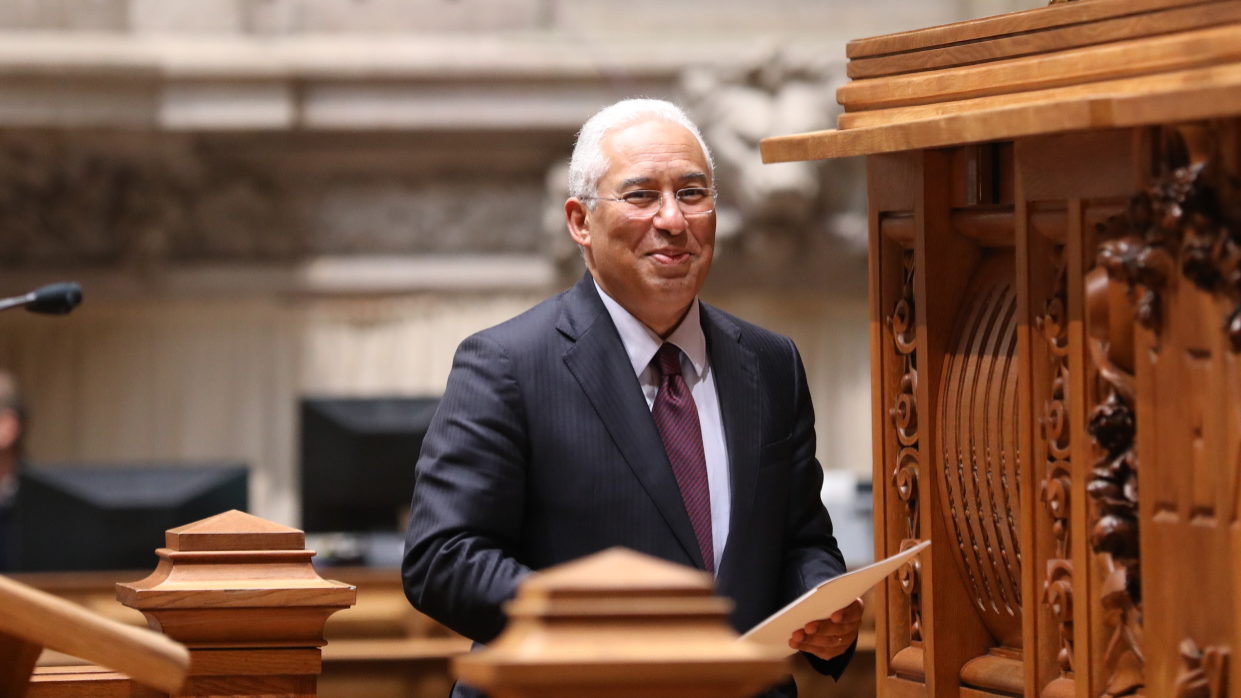António Barreto: Europe as we know it might come to an end
Germany's power may end the EU as we know it. In an interview to ECO, António Barreto also says the Portuguese President has not been put to the test and that Portugal might not pay 100% of its debt.
António Barreto was interviewed by ECO; he spoke of several issues, from the Portuguese Presidency to the future of the European Union.
António Barreto’s life is associated with the consolidation of the democracy in Portugal. He was born in 1942, while Europe was living its second world war. Barreto’s connections to the Portuguese Communist Party and Theater in the University of Coimbra during the Salazar regime led him to exile to Geneva, where he completed a degree in Sociology in 1968. When democracy was restored in Portugal on the Carnation Revolution in 1974, he was able to return to his country and start his life in politics. He devoted his life to the Academia from 1991 to 2008, when he retired. He continues to research and contribute to a rigorous analysis about the Portuguese society.

When asked about Marcelo Rebelo de Sousa, António Barreto acknowledges his friendship with the President of the Portuguese Republic and commends the role he has been having in the Portuguese society, bringing it together. However, Barreto believes the President has not yet been put to the test, namely concerning common defense and security due to the challenges arising from Brexit and the new USA politics: “These peaceful years we have experienced thanks to NATO and the USA have been very bad for the European — and more so to the Portuguese, from an educational point of view”, he sates. Barreto also adds: “Portugal will need to make efforts in terms of military defense and anti terrorist security, which we are not ready for”.
[The President] has not been yet put to the test. It is likely that Portugal will have to make decisions concerning investment and the restructuring of NATO and the EU Security and Defense pillar. (…) The role of the President of the Portuguese Republic is vital in this matter. He has to be ready for this, because he may give a rare contribution to the history of the Portuguese Armed Forces in the last 40 years.
António Barreto also discusses the difficult times Portugal went through during Troika: he criticizes the Government (Social-Democratic Party) for the lack of compassion and for sending out the message that the poor should be the ones to pay for the crisis and the debt. Nonetheless, António Barreto also considers that many of the positive numbers Portugal has been currently achieving are a result from the policies implemented during those difficult four years. He equally criticizes the Leftist parties, saying he finds it incomprehensible how they sent out the message that Portugal has every right to be indebted and that other countries must finance them. He also considers that it will not be possible for Portugal to fully pay the debt; creditors will hold the Portuguese hostage for many years.
"Those years [of troika] were very difficult. And the Government of Pedro Passos Coelho was starting to achieve results in its final year, which meant there was the possibility of being reelected. And this, for the Portuguese Communist Party, was unbearable. To grant the benefit of the success to the Right, the ECB, the IMF, the EU… It was unbearable for the PCP.”
In the last part of Anónio Barreto’s interview to ECO, he speaks of the European Union and of Germany, which he believes will have a very important role in the future of the European project. He admits he is anxious about the power Germany has today: the German are no longer reluctant leaders and they may want to take the lead in Europe’s future. Barreto believes other countries will not accept it. Where does Portugal stand? It will be one of the country’s difficult choices, he says. To conclude, he states: “Europe as we know it yes, it’s closer to a metamorphosis or a collapse, as most people have been thinking”.




